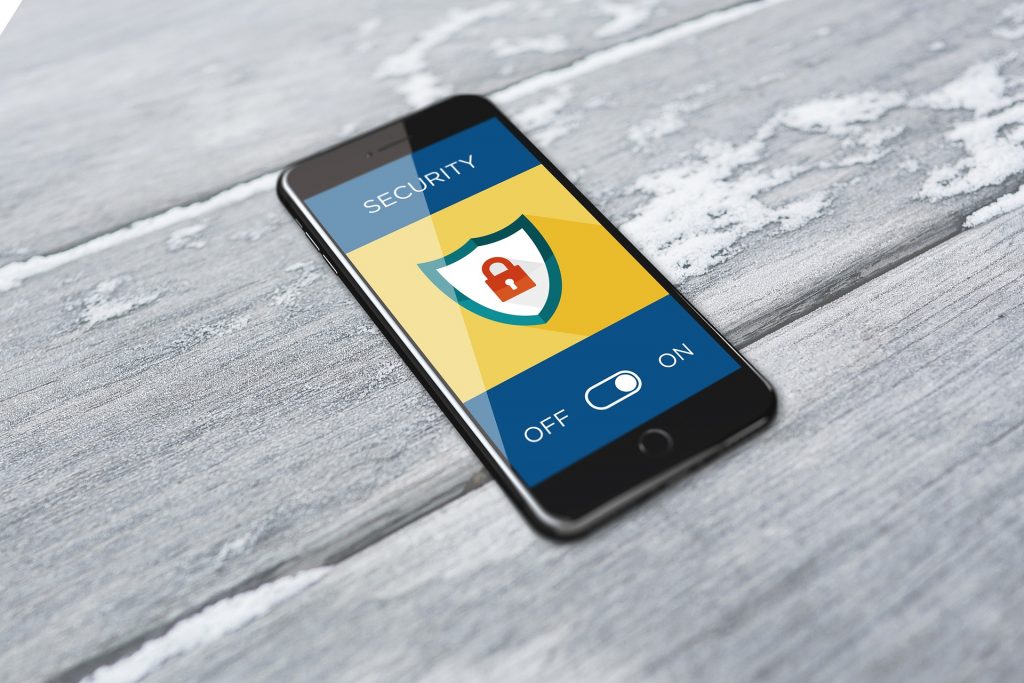Cybersecurity Best Practices for Small Businesses
Cyber attacks are an ever-present threat for small businesses. According to the FBI’s Internet Crime Report, in 2020 alone, the cost of cybercrimes reached $2.7 billion!
Most hackers are opportunists and small businesses are attractive targets because they have information that cybercriminals want (personal and financial information), and they typically lack the security infrastructure of larger organizations. But you can make sure your business is less vulnerable to attack with some simple steps.
Cybersecurity best practices for small businesses:
- Involve employees in the defense. All staff should be aware of the potential cyber risks and how to avoid them. Employees are the leading cause of data breaches for small businesses and a little bit of training goes a long way. Employees should be able to:
– Spot a phishing email
– Avoid suspicious downloads
– Create strong passwords
– Protect sensitive customer & business information - Keep your antivirus software updated. All devices where work is done (computers, tablets, smartphones, and employee home computers and devices) should have antivirus and antispyware software installed and it needs to be updated regularly. Cybercriminals are constantly finding new ways to infiltrate, which is why uploading the security patches from your antivirus software will help keep you secure from new threats.
- Secure your networks. If your Wi-Fi network doesn’t have a strong password, change it right now! This helps protect all devices using your wireless network from cyber threats.
- Use strong passwords. Requiring strong passwords is an easy way to increase your cyber defense. You and all employees should be using different passwords for different accounts and make sure passwords have all of the following: 10+ characters, at least one uppercase letter, one lowercase letter, one number, and one special character.
- Back up your data. Setting your data to back up automatically is preferred whenever possible, or at least once a week if done manually. Store the copies either offsite or on the cloud. Important data includes word documents, spreadsheets, databases, financial files, human resource files, and accounts receivable/payable files.

There are certainly other steps you can take to be as protected as possible and we’d love to help. As one of the first internet marketing companies in Tacoma (and the greater Pacific Northwest) we’ve spent more than two decades watching the internet, encryption, and cybersecurity evolve. We firmly believe that to be successful online you need to be secure and we’re happy to help make sure your company is protected.





